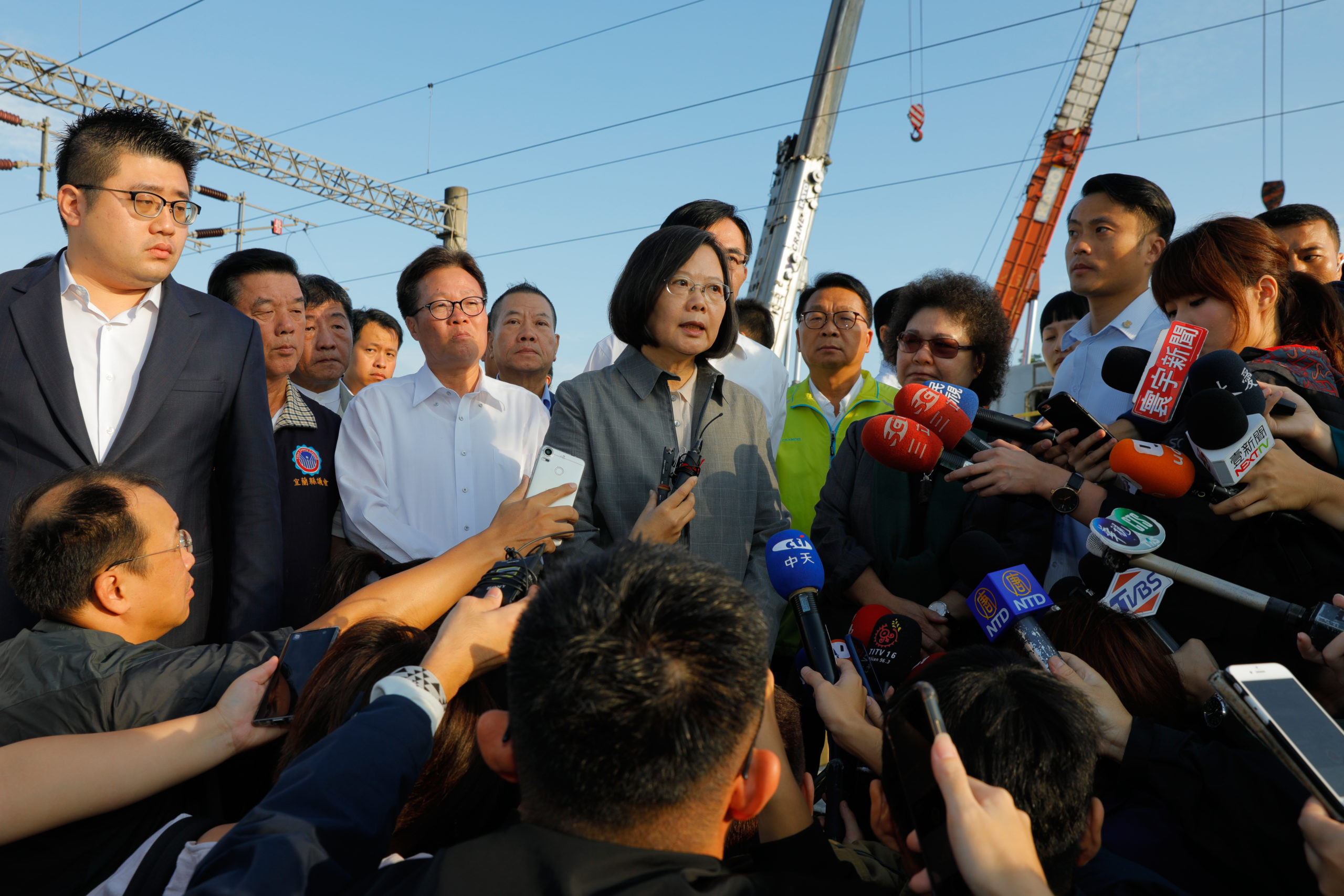As Taiwanese president Tsai Ing-wen enters her second term, Reporters Without Borders (RSF) reiterates its call for reforms to guarantee editorial independence and tackle conflicts of interest in the media as the only sustainable means to protect democracy against disinformation.
As Taiwanese President Tsai Ing-wen prepares to enter her second 4-year term in office on May 20th, 2020, Reporters Without Borders (RSF) in an opinion article published in several media reiterated its call for reforms to guarantee editorial independence and tackle conflicts of interest in the media and insisted that the expansion of ethical journalism practices to tackle disinformation.
“Ethical journalism is the only sustainable way for democracy to develop a natural immunity against disinformation by filtering and debunking “fake news” before it becomes viral and by providing trustworthy content as an alternative,” said Christophe Deloire, RSF Secretary-general. “When journalists are given sufficient time and resources to adhere to the highest ethical standards and when editorial departments have the ability to reject commercial and political pressure, public trust in the media will naturally improve and manipulated content will fall on deaf ears.”
Last December, amid concerns in Taiwan about possible disinformation attacks aimed at influencing the presidential elections, RSF called on the candidates and political parties engage in a media reform to strengthen journalism.
In 2017, President Tsai received Secretary-general Deloire at the Presidential Office Building in Taipei and expressed her commitment to press freedom. Taiwan, a liberal democracy that is the world’s 21st largest economy, is the victim of growing interference in its media from the People’s Republic of China, who aggressively claims its sovereignty on the island.
Taiwan is currently ranked 43nd out of 180 in the 2020 RSF World Press Freedom Index.

